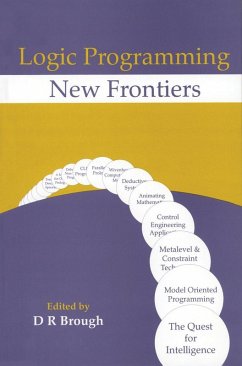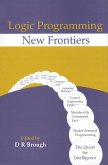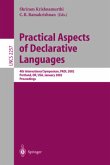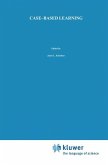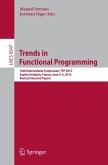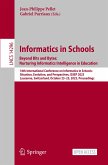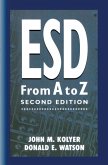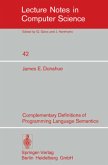In Logic Programming, as in many other areas, Theory is often best tested by Application and attempted Application frequently necessitates advances in Theory, so both theoretical and practical work is essential for effective progress. This is clearly evident in the following papers presented to the sec ond UK Logic Programming Conference which was sponsored by the United Kingdom branch of the Association of Logic Programming and convened at Bristol.University in March 1990. This book contains 13 papers from that conference grouped under four head ings: Theory supporting practice motivating theory In this first group of papers, difficulties experienced in practical application of Prolog and in debugging Prolog programs have motivated work on extensions to the language and its development environment. Program development advances are represented by two papers on debugging and one on a development methodology for CLP programs. On the theoret ical side a Pure(r) logic language is proposed as well as extensions to make logic more effective for integrity checking in deductive databases. Applications The next group contains three papers. The first describers the use of Prolog to develop a Control Engineering workStation (CES). The second investigates the use of a logic programming based KBMS for developing a prototype Fi nancial Management Information System. In the last it is shown how a subset of prolog can provide a vehicle for the animation of Discrete Mathematics.
`Overall, I found this to be a very good collection of papers, and certainly well worth reading for anyone with an interest more in the theoretical than the practical side perhaps of Artificial Intelligence, and its applications in PROLOG.' The Australian Computer Journal.
`Overall, I found this to be a very good collection of papers, and certainly well worth reading for anyone with an interest more in the theoretical than the practical side perhaps of Artificial Intelligence, and its applications in PROLOG.'
The Australian Computer Journal.
The Australian Computer Journal.

